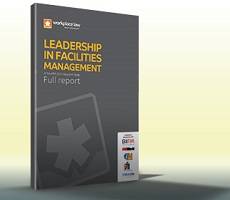October 7, 2013
More women on UK boards welcomed, but business leaders urged to do more
 Female representation on the UK’s top companies’ boards continues to increase according to new figures published today by the Professional Boards Forum (PBF). The statistics show that 19 per cent of directors are now female (up from 17.4% in May) and 24 per cent of board appointments since 1 March 2013 have been women. To meet the target of 25 per cent of board positions being held by women by 2015, as set out in the original report by Lord Davies published in February 2011, FTSE100 companies need to appoint 66 more female directors in the next two years. The news has been welcomed by business leaders and politicians who have resisted efforts by the EU to impose mandatory female quotas. More →
Female representation on the UK’s top companies’ boards continues to increase according to new figures published today by the Professional Boards Forum (PBF). The statistics show that 19 per cent of directors are now female (up from 17.4% in May) and 24 per cent of board appointments since 1 March 2013 have been women. To meet the target of 25 per cent of board positions being held by women by 2015, as set out in the original report by Lord Davies published in February 2011, FTSE100 companies need to appoint 66 more female directors in the next two years. The news has been welcomed by business leaders and politicians who have resisted efforts by the EU to impose mandatory female quotas. More →



























August 16, 2013
UKIP quip that women not competitive enough for business obscures real debate
by Sara Bean • Comment, Legal news, News, Workplace
The comment by UKIP treasurer Stuart Wheeler that women are not competitive enough to merit a place in the boardroom grabbed all of the headlines from an important debate on the introduction of gender quotas on City boards. The news broke on the same day that employment body the CIPD issued a warning that businesses will continue to lose talented female workers if they don’t offer them a better work-life balance. With research showing that around half of female managers choose not to return to work following maternity leave, how far should employers be going to retain female talent and encourage workplace diversity, and does gender equality really require a legislative stick? More →